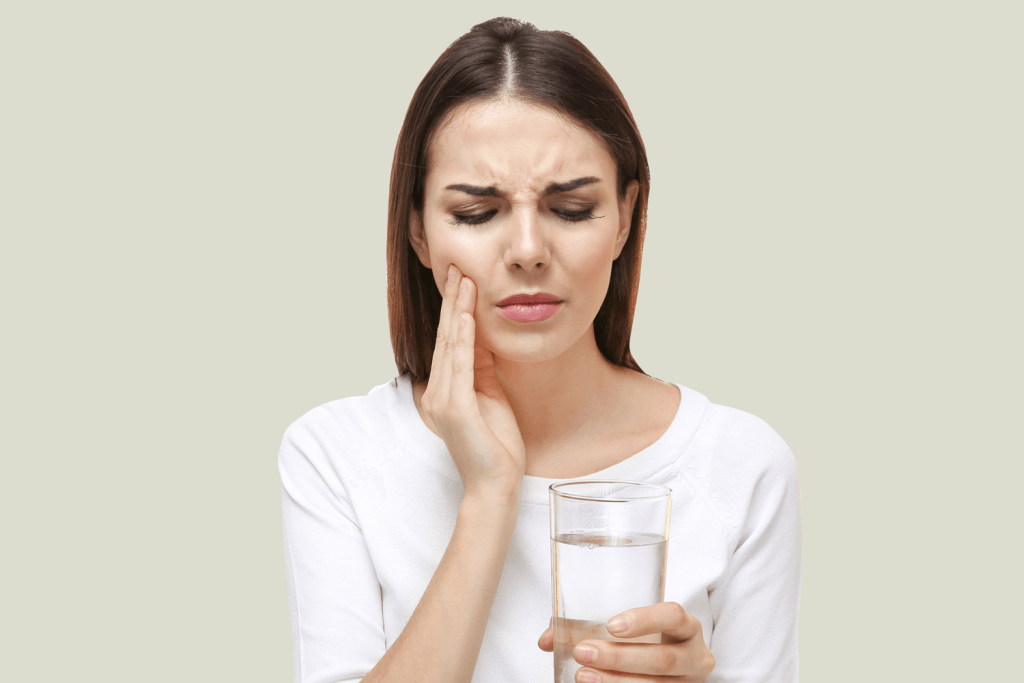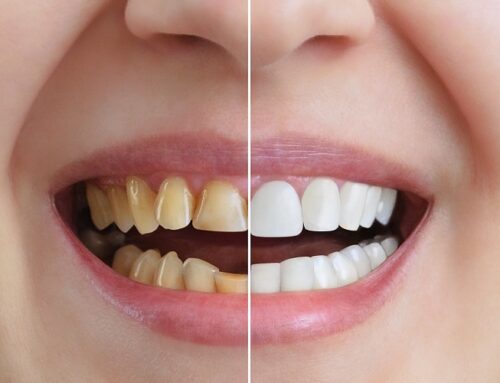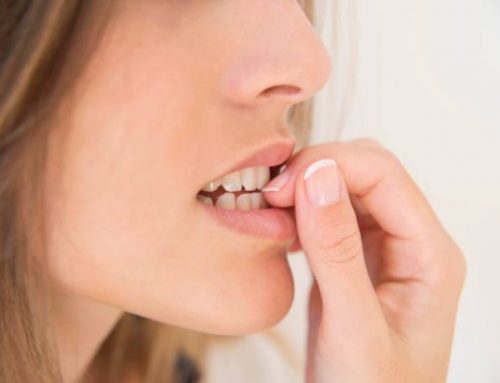 Sensitive teeth are a pretty common problem. As the protective enamel on your teeth wears down, sensitivity increases. It is usually characterised by a sharp, shooting pain that can be triggered by eating or drinking something hot or cold, brushing your teeth or even breathing in cold air. It can range from being mildly annoying through to painfully debilitating, and can certainly cause a lot of stress around dental appointments.
Sensitive teeth are a pretty common problem. As the protective enamel on your teeth wears down, sensitivity increases. It is usually characterised by a sharp, shooting pain that can be triggered by eating or drinking something hot or cold, brushing your teeth or even breathing in cold air. It can range from being mildly annoying through to painfully debilitating, and can certainly cause a lot of stress around dental appointments.
What Causes Sensitive Teeth?
Sensitive teeth are most commonly caused or exacerbated by:
- Brushing too hard, too often or using a hard-bristled toothbrush. Many people brush with too much pressure in the quest for clean teeth, which isn’t necessary. Brushing gently for 2 minutes, twice per day plus daily flossing is the best way to keep your teeth clean. Some of the latest models of electric toothbrushes even have a pressure sensor that alerts you if you are pressing too hard while brushing.
- Highly acidic food or beverages as the acid naturally erodes the outer layer of our tooth enamel. Citrus foods and drinks, wine, vinegar, sports drinks and carbonated drinks are all highly acidic culprits. Sweet foods like lollies are also contributors.
- Tooth decay, worn fillings, cavities or broken teeth where the dentin of your tooth is exposed.
- Gum disease and receding gums that expose the root surface.
- Grinding or clenching your teeth at night which causes tooth wear.
- Over-the-counter tooth whitening products. Professional teeth whitening treatment and products are carefully controlled by your dentist to minimise and manage tooth sensitivity. However, retail products – including some whitening toothpastes – can contain hydrogen peroxide or bleaching agents that are very abrasive on your tooth enamel and can even lead to permanent damage.
How To Reduce Teeth Sensitivity
Although you can’t grow back tooth enamel or gums that have receded, there are things you can do to reduce teeth sensitivity.
- Firstly, see your dentist. They will diagnose any underlying oral health issues contributing to your sensitivity and treat them.
- Ask your dentist for product recommendations. There could be a particular soft-bristled toothbrush, paste or even special product like tooth mousse that will help to prevent further damage. They can also show you the correct brushing method and pressure to use.
- If clenching or grinding your teeth at night is a problem, your dentist can produce a custom-made nightguard for you to wear that is comfortable and will prevent any further wearing down of your teeth caused by the clenching or grinding.
- Cut down on acidic and sugary foods and drinks. If you do have something, make sure you rinse your mouth out with plain water afterwards so that acid and sugar isn’t sitting in your mouth.




